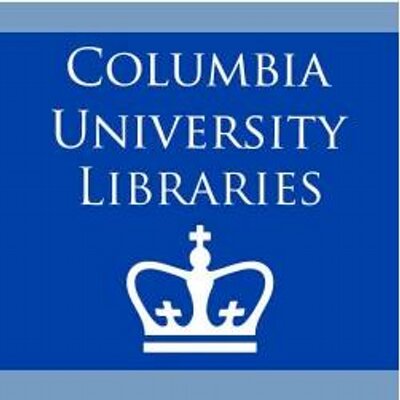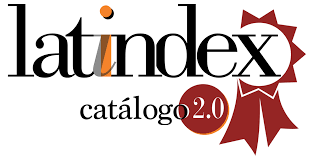
Revista de Arquitectura is an open access journal. More information...
Authors retain copyright and grant to the Revista de Arquitectura the right of first publication, which will be simultaneously subject to the Creative Commons (CC) BY-NC license.
Authors will sign a non-exclusive distribution license for the published version of the article by completing (RevArq FP03 Permission to Reproduce).
Self-archiving will comply with SHERPA/RoMEO guidelines and the Green classification.
To see in detail these guidelines, please consult...
Abstract
The theory of the architectural design (what is taught), and its methodology (how design is taught) have a remarkable tradition that is constantly enriched with new perspectives. However, when designing the studio, the pedagogical concretions are given with the specific objectives of the training (what design is taught for) and with the availability of resources (with what design is taught). This text reflects on the space and time of the architectural design studio as determining factors when it comes to shaping a design epistemology. The hypothesis is evidenced by a study case: a pedagogical unit from the the Valencia Architecture School is analyzed, which could well be representative of other Spanish schools. The results show that the specific activities that accompany the student in the design studio are the consequence of a reflection on contemporaneity in the learning of architecture.

References
Domingo-Calabuig, D. (2005). Indagaciones sobre una subjetividad cultivada. El problema del conocimiento en la teoría y práctica arquitectónica [Tesis doctoral no publicada]. Universitat Politècnica de València. https://doi.org/10.4995/Thesis/10251/2682.
Finkel, D. (2008). Dar clase con la boca cerrada. Universitat de València.
Foqué, R. (2010). Building knowledge in architecture. University Press Antwerp.
Goldschmidt, G. (2014). Linkography: Unfolding the Design Process. The MIT Press.
Harrison, A. & Hulton, L. (2014). Design for the changing educational landscape: space, place and the future of learning. Routledge.
Harriss, H. (2015). Radical pedagogies: architectural education and the British tradition. RIBA Publishing.
Huet, B. (1980). La Enseñanza de la arquitectura en Francia. 1968-1978. Arquitecturas Bis: Información Gráfica de Actualidad, 32-33, 1.
Lambert, G. (2014). La pédagogie de l’atelier dans l’enseignement de l’architecture en France aux XIXème et XXème siècles, une approche culturelle et matérielle. Perspective, 1, 129-136. https://perspective.revues.org/4412.
Linazasoro Rodríguez, J.I. (1984). Apuntes para una teoría del proyecto. Universidad de Valladolid.
Lizondo-Sevilla, L., Bosch-Roig, L., Ferrer-Ribera, C. & Alapont-ramón, J.L. (2019). Teaching Architectural Design through Creative Practices. METU Journal of the Faculty of Architecture, 36(1), 41-60. https://doi.org/10.4305/METU.JFA.2019.1.81
Llorente Díaz, M. (2000). El saber de la arquitectura y de las artes. Universitat Politècnica de Catalunya.
Marina, J.A. (1993). Teoría de la inteligencia creadora. Editorial Anagrama.
Martí, C. (1993). Las variaciones de la identidad. Ensayo sobre el tipo en la arquitectura. Colegio de Arquitectos de Cataluña.
Martín Rivas, M. (2016). Factores psicosociales de riesgo en el entorno académico. La carrera de arquitectura en la Universidad Politécnica de Madrid [Tesis doctoral no publicada]. Universidad Complutense de Madrid. https://eprints.ucm.es/35832/
Ockman, J., Williamson, R. & Association of Collegiate Schools of Architecture. (2012). Architecture school: three Centuries of educating architects in North America. Association of Collegiate Schools of Architecture: The MIT Press.
Parlamento Europeo y Consejo de la Unión Europea. (2005). Directiva 2005/36/CE. relativa al reconocimiento de cualificaciones profesionales. http://data.europa.eu/eli/dir/2005/36/oj
Riesco González, M. (2008). El enfoque por competencias en el EEES y sus implicaciones en la enseñanza y el aprendizaje. Tendencias Pedagógicas, 13, 79-106. https://revistas.uam.es/tendenciaspedagogicas/article/view/1892
Thomas, J. W. (2000). A review of research on project- based learning. Autodesk Foundation.
Universitat Politècnica de València. (2015). Proyecto institucional de competencias transversales. Universitat Politécnica de València. https://www.upv.es/entidades/ICE/info/Proyecto_Institucional_CT.pdf

































